Do Not Pass Go: How Much Suffering Does It Take To Become An Official Refugee?
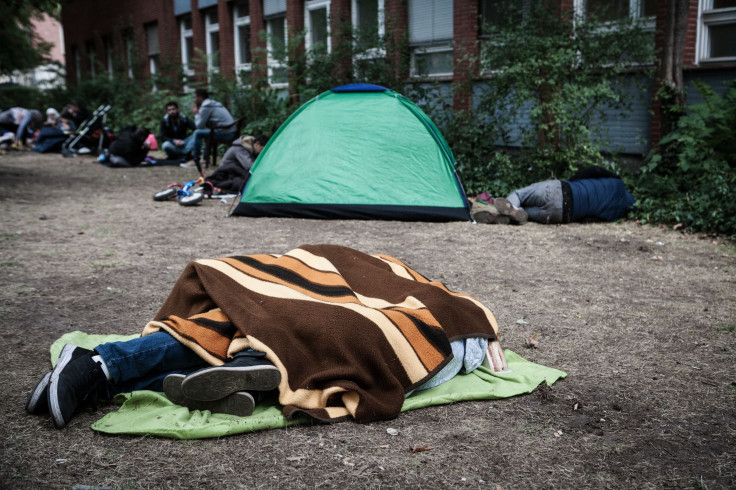
BERLIN -- A 3-year-old blows bubbles on a busy street; deaf to the chaos around her, she dips the plastic wand in liquid soap, her eyes as round as the filmy orbs she shapes. It's a picture of childhood contentment -- but for this little girl, the evening's fleeting pleasure could be her only one in a long, cold night.
That's because this little girl is a refugee -- or a migrant. The distinction is not an idle one. The U.N. defines a refugee as someone who, "owing to a well-founded fear of being persecuted for reasons of race, religion, nationality, membership of a particular social group or political opinion, is outside the country of his nationality, and is unable to, or owing to such fear, is unwilling to avail himself of the protection of that country."
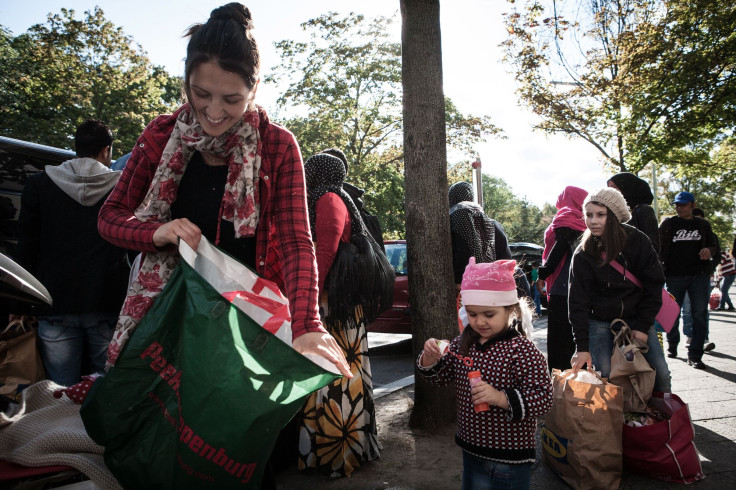
People forced to flee their homes because of war or discrimination are refugees. “Migrant” implies choice, an individual or family who has decided to relocate to another country for a better standard of living. Under the 1951 Refugee Convention, refugees are entitled to fundamental rights under international law, including the right not to be deported back to their home country. Migrants do not have those rights.
Despite its reputation for largesse -- accepting more asylum seekers than any other European Union country -- Germany does not extend an open hand to all newcomers, as German Chancellor Angela Merkel made plain on Monday: “We will protect those who should be protected but those with no prospect of staying must leave our country.”
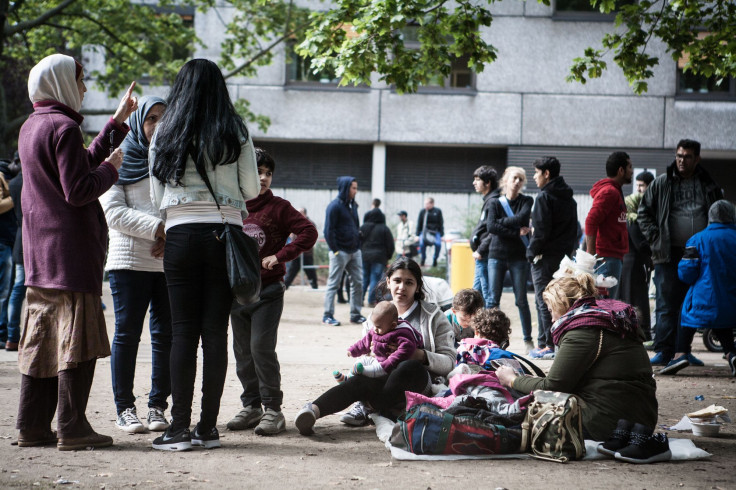
Determining those worthy of protection is more problematic. Syrians fleeing a bloody civil war that has claimed the lives of hundreds of thousands stand the best chance of receiving asylum. Last year, only 1 percent of more than 26,000 Syrians who applied for asylum or refugee status were refused. Iraqis and Afghans also have a high rate of acceptance, 90 percent and 80 percent, respectively. But those from the Balkans have little hope of staying.
In the first half of the year, two-fifths of Germany’s asylum seekers came from the western Balkans. Most will be deported within a year. Under German law, Bosnia, Macedonia and Serbia are “safe countries of origin,” with no threat sufficient to justify refugee status in the EU.
But some legal experts reject this term. Adrian Berry, a U.K. lawyer and chair of the Immigration Practitioners’ Association, told Al Jazeera’s Inside Story program,“Even beyond the narrow definition of refugee ... people are forced to migrate for other reasons, perhaps for reasons of economic collapse or environmental disaster. Those people are also forced to flee and they deserve humanitarian assistance.”
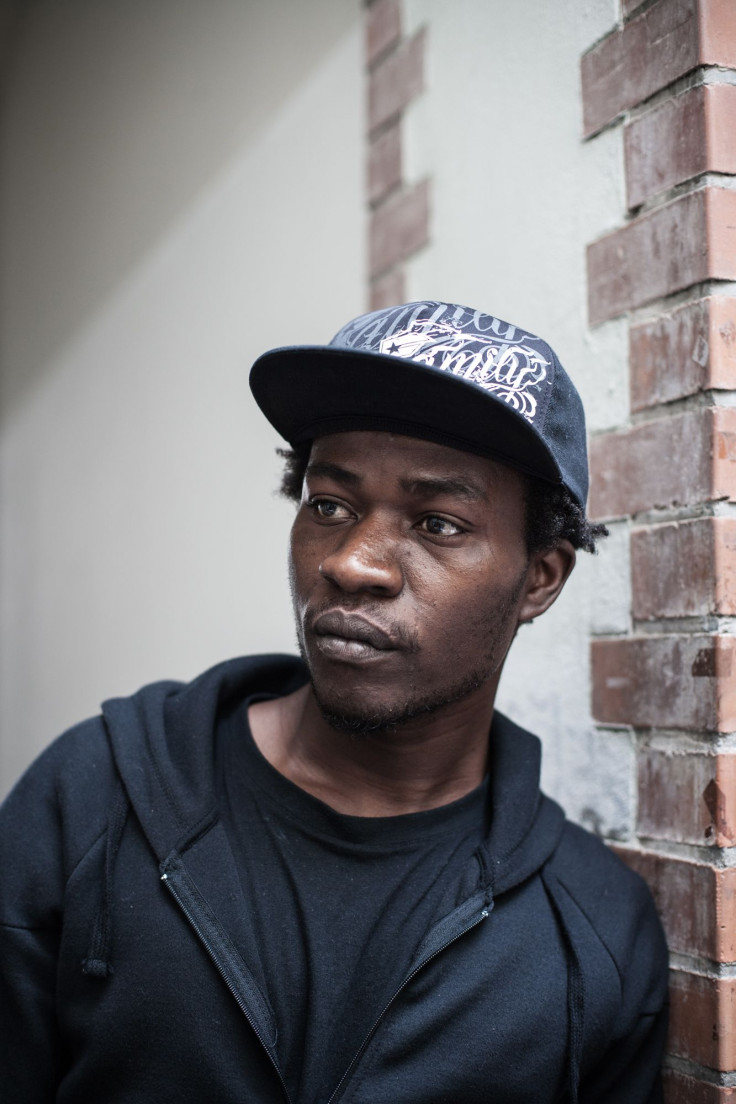
Saidou Nouhou is experiencing this challenge firsthand. The 22-year-old Niger native moved to Libya at the age of 16 to find work, joining his older brother in the capital Tripoli before settling in the eastern port city Misrata. He worked in construction and as a tailor until the popular uprisings in 2011. Initial dreams of a better life were dashed by vicious counterattacks from Moammar Gadhafi’s forces, killing and wounding hundreds. Nouhou wanted to return to Niger, but it was too dangerous to attempt the journey back through a country ripped apart by warring factions.
Nouhou decided to travel north to Europe, paying smugglers to take him to Spain by boat, arriving in Germany in October 2012. Three years on, he shares a flat with German friends in Berlin and is studying German in a language school. He wants to stay. “I have more friends than some people who were born in Berlin. I like it here. People talk to me, people are friendly, welcoming; they want to give you a good job, give you a good life.”
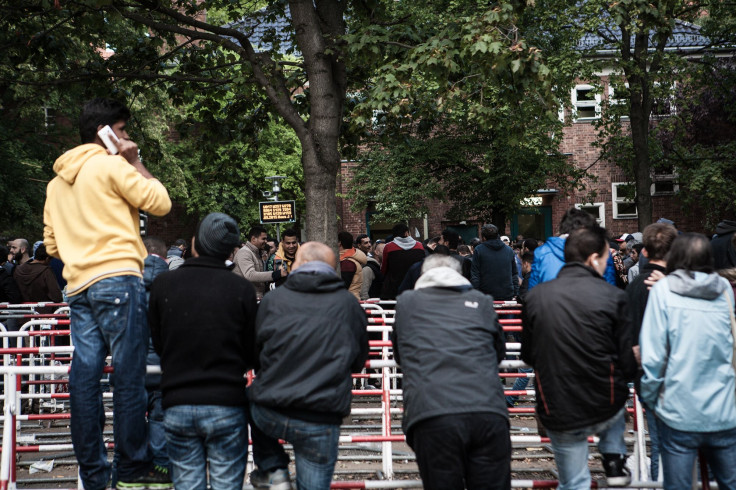
But that good life is not guaranteed. Niger is not on the approved list of countries that get fast-tracked through the asylum process. Nouhou’s status is uncertain. Every three months he has to re-apply to get permission to stay in Germany for another three months. He relies on bureaucrats for his existence, but without official asylum-seeker status Nouhou cannot qualify for a job or health insurance. And without health insurance, he is not eligible for an apprenticeship that could lead to a job. It’s a vicious cycle, one that Nouhou is only too aware of. But for him returning is not an option. “There is no good life in Niger, only hunger,” he told International Business Times.
The landlocked West African country is rated by the U.N. as one of the world’s least-developed nations -- and one of the poorest. Infectious disease is widespread and literacy is low. Political instability and repeated droughts keep citizens in poverty.
Nouhou’s story, like so many others, does not lend itself to the neat categorization of either migrant or refugee.
“The idea that people are traveling to the European Union merely for economic improvement is specious and not borne out by the evidence,” Berry says.
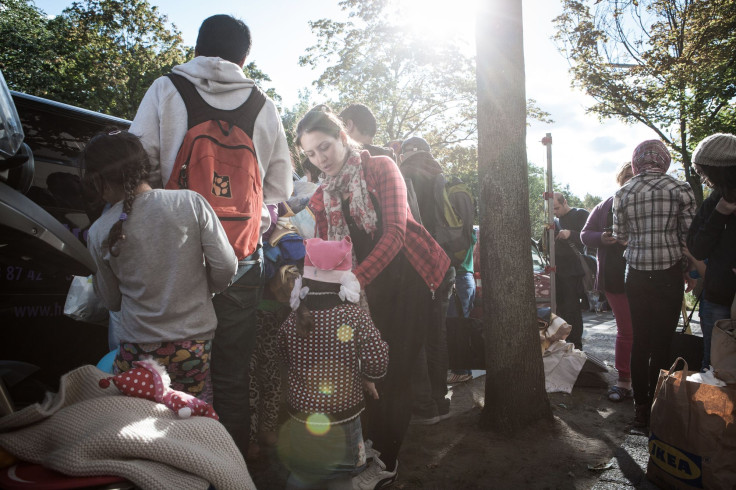
The brown-haired girl blowing bubbles in a pink woolen hat is from Moldova. She arrived in Germany 10 days ago. Her young mother, warily introducing herself as Olga S., is picking up warm sweaters and winter socks donated by Berlin residents. Olga's older daughter peeps out from behind her legs. Her husband is waiting in line for a token that will allow their family to stay at a hostel for a night. Waiting can take all day, but without a permit -- and with the state's resources overstretched -- the family would likely have to sleep outside.
Olga’s family is from the breakaway state of Trans-Dniestria, located on a slim strip of land between the River Dniester to the south and Ukraine to the north. Although recognized by the U.N. as part of Moldova, Trans-Dniestria has, for the last 23 years, been under the control of pro-Russian forces. But fighting in Ukraine is threatening to spill over the border, with Russia intent on maintaining its military presence in the region, at almost any cost. Olga is not prepared to wait.
Ukrainian troops are massing at the border, she says. “They are digging a trench; this is dangerous,” she tells IBT.
Along with her family, she made the journey from eastern Europe with seven other people, sharing a truck to save on fuel. Now her future and that of her children is in the hands of the German state office of health and social affairs. Moldova is not considered a safe country of origin, nor does it provide any guarantee of asylum - individuals are considered on a case-by-case basis.
Olga wants her daughters to learn German and go to school. She has already contacted a local kindergarten to get a place for her youngest daughter once they’ve completed their asylum application.
Today the family is in luck: Her husband returns with a token. There’s space in a hostel. Tomorrow they will have to repeat the same process all over again, but tonight they will sleep in the warmth.
© Copyright IBTimes 2024. All rights reserved.





















